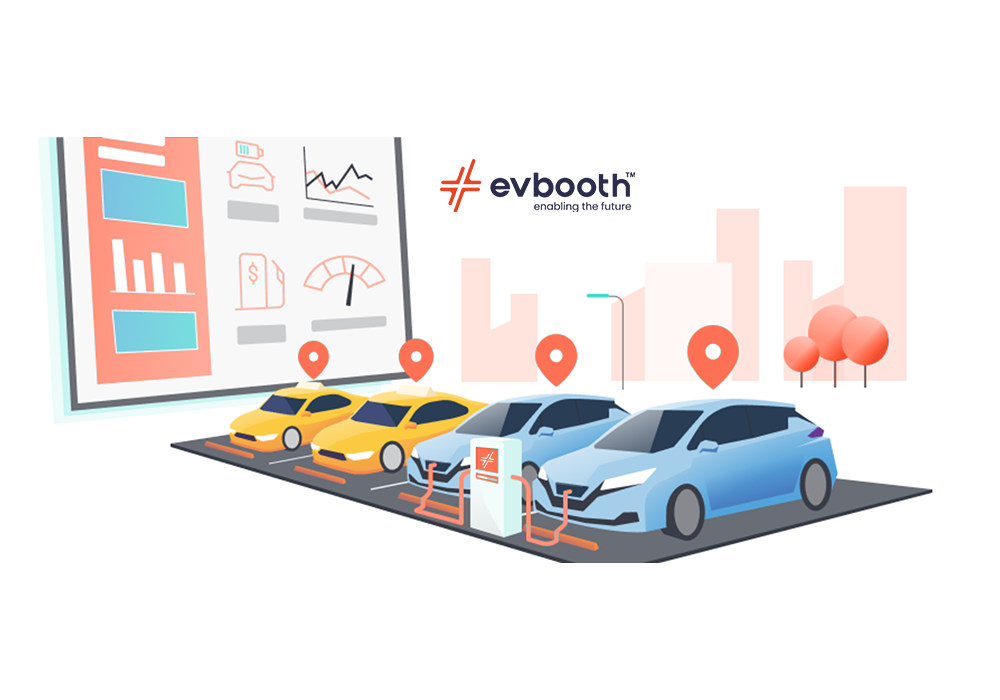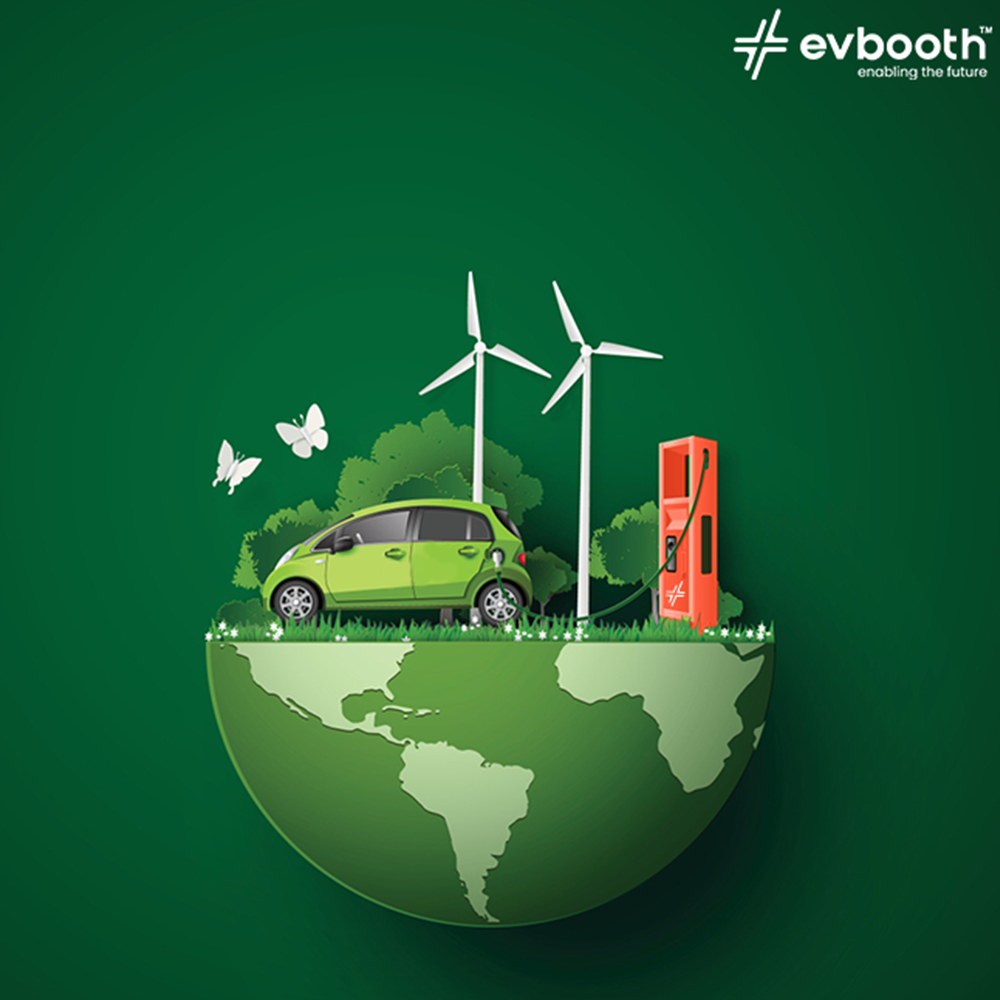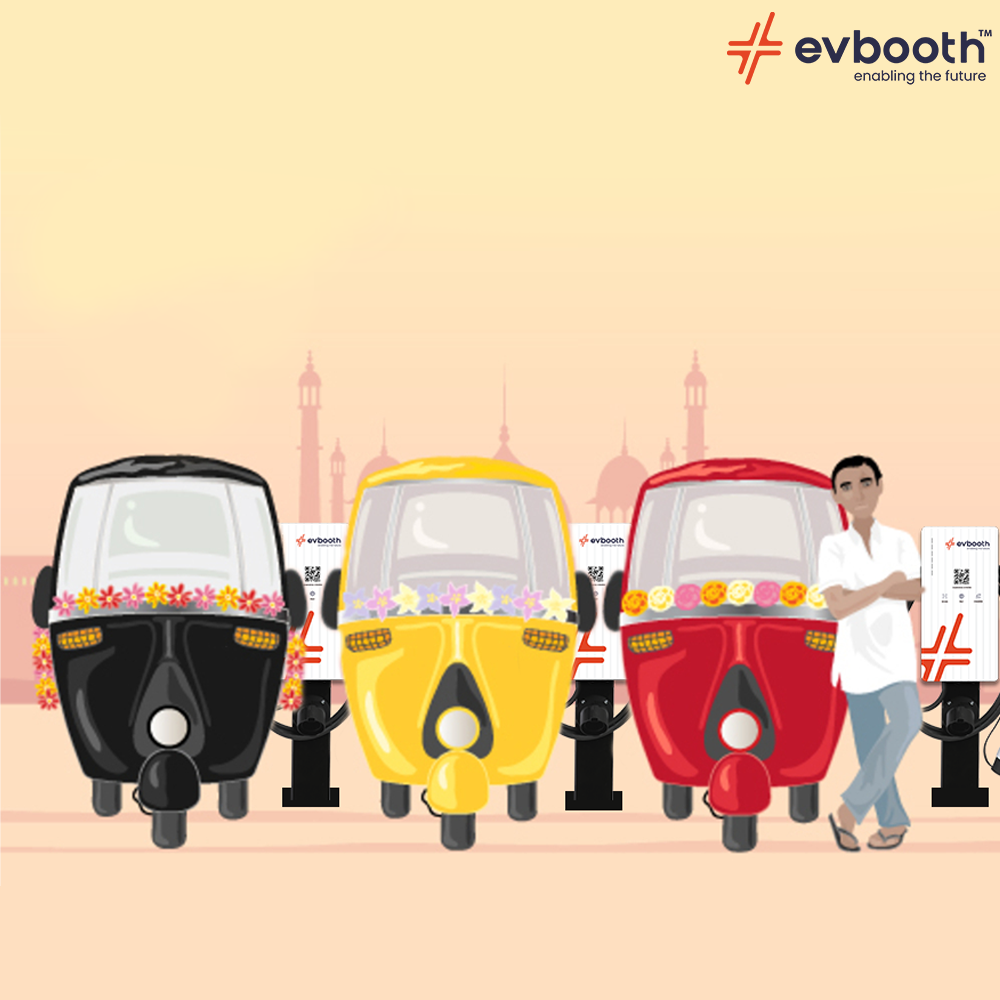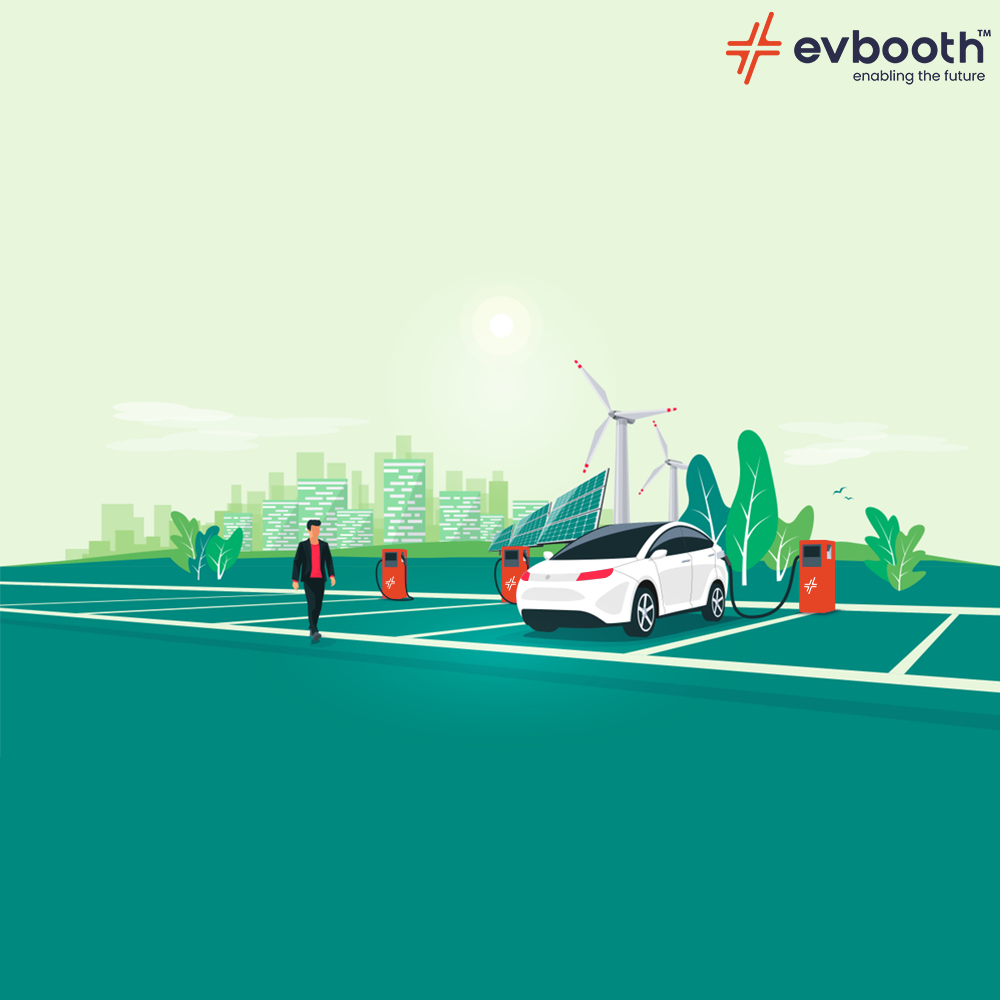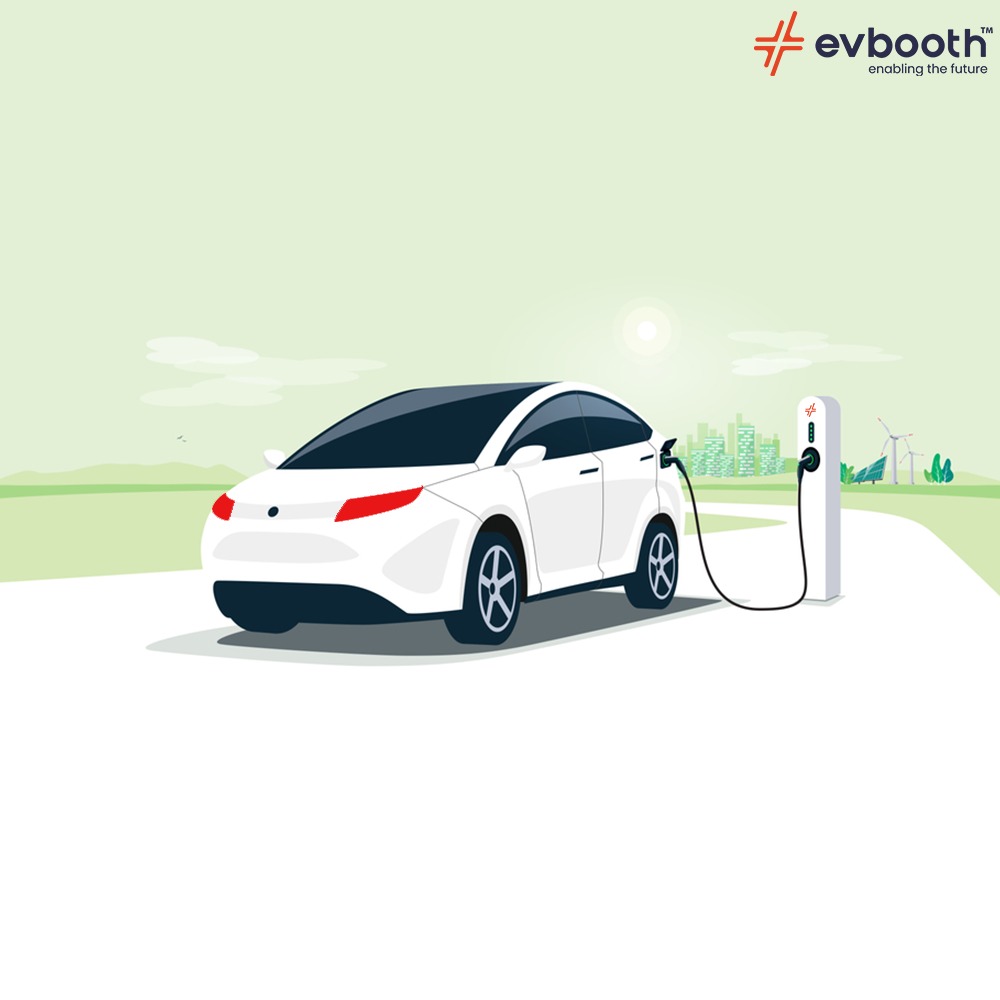Steering Change
Steering Change: EVBooth’s Role in India’s Corporate EV Shift.
In the world of eco-friendly transportation, EVBooth shines as a guide for corporate fleets, steering them towards electric vehicles (EVs) in India’s growing EV movement. This detailed exploration dives into how EVBooth is leading the way and analyzes the strategic moves that put the company at the forefront of this change.
EV Integration: Helping the Environment
As companies grapple with the environmental impact of traditional vehicles, EVBooth stands out as a champion of green practices. By smoothly integrating EVs into corporate fleets, the company not only follows regulations but also contributes to a sustainable future.
EVs are praised for their minimal impact on the environment, producing no emissions and having a smaller carbon footprint compared to regular vehicles. EVBooth’s focus on EVs helps reduce greenhouse gas emissions, fight air pollution, and reduce reliance on fossil fuels, all for a cleaner and healthier environment.
Financially Viable: Green Solutions for Indian Corporate Fleets
Electric vehicles (EVs) offer a sound financial choice for corporate fleets in India. Backed by government support and easy access to funding, EVBooth recognizes the twofold advantages of adopting eco-friendly practices while satisfying the increasing need for sustainable transportation. Government incentives such as discounts and tax exemptions make transitioning to EVs attractive for fleet operators. By aligning itself with this growing demand, EVBooth ensures that embracing sustainability isn’t only environmentally responsible but also financially advantageous for businesses.
Adopting EVs in corporate fleets is not just about being green; it’s also a smart financial move. EVBooth and other big players, such as BigBasket, Amazon, and Flipkart, show that electrifying their fleets can lead to profits.
For example, BigBasket plans to make 90% of its fleet electric, expecting to save money while showing a commitment to sustainability. EVBooth sees that running EVs can be much cheaper than traditional options. BluSmart, a ride-hailing company, operates an all-EV fleet, expecting big savings in running costs by adding more EVs to their operations.
Comparing costs shows that EVs are 4 to 5 times cheaper to run than compressed natural gas (CNG) cars and a remarkable 8 to 9 times cheaper than petrol or diesel cars. By switching to EVs, companies not only help the environment but also boost profits by cutting operational costs.
Facing Challenges: Switching to EVs
While the benefits of EVs in corporate fleets are clear, EVBooth knows there are challenges to overcome. Identifying and tackling these hurdles are crucial to creating a smooth and sustainable EV system.
High Upfront Costs: EVBooth understands that companies may hesitate due to the initial high costs of EVs. EV batteries, making up about 40% of total costs, and the need for charging infrastructure investments can be daunting. But innovative financial models, like leasing agreements and partnerships, offer solutions. Companies like Zyngo and Uber show that these models can work.
Lack of Infrastructure and Limited Range: EVBooth acknowledges that India’s charging infrastructure needs improvement. Drivers worry about finding charging stations, creating “range anxiety” that slows down EV adoption. To address this, EVBooth stresses the need for public-private partnerships to develop and expand charging infrastructure, especially in rural areas.
[/vc_column_text][/vc_column][/vc_row]
Government Support, Collaboration, and Startups: Driving the EV Movement
EVBooth highlights the crucial role of government incentives in making the switch to EVs easier. India offers a range of incentives, from discounts to tax breaks, giving fleet operators a good reason to go green. State-level incentives, like those in Maharashtra, sweeten the deal for companies.
Public-private partnerships are also key to expanding charging infrastructure, crucial for overcoming range anxiety. By working together, the government and private sector can build more charging stations, making EVs more appealing to fleet managers and drivers.
Startups play a big role too, driving innovation in battery technology and EV fleet management software. These innovations make EV fleets more efficient and reliable, paving the way for wider adoption and lower operational costs.
[/vc_column_text][/vc_column][/vc_row]
Using Tech for Greener Fleets: The Role of Fleet Management Software
As EVBooth leads the charge, technology plays a big role. Specifically, EVBooth sees the importance of EV-specific fleet management software, making corporate fleet operations smoother and more efficient.
This software offers benefits like route optimization, remote charging scheduling, real-time monitoring, predictive maintenance, analytics, and energy load management. By using this software, companies can maximize the impact of EVs on the environment and the economy, making their fleets more profitable and efficient.
[/vc_column_text][/vc_column][/vc_row]
The Transformative Power of EVs in Corporate Fleets: Looking to the Future
As EVBooth leads the way, the impact on India’s transportation sector is huge. Adopting EVs in corporate fleets isn’t just a business move; it’s a commitment to economic growth, environmental health, and public well-being.
By embracing EVs, companies like EVBooth are paving the way for a cleaner and healthier environment. This shift sets the stage for a broader transition to sustainable transportation, making India a leader in clean energy.
Now is the time for corporate fleet operators to join EVBooth in going electric. By doing so, they not only drive positive change in transportation but also contribute to a greener society. EVBooth’s vision sets the stage for a future where EVs in corporate fleets aren’t just a trend but a cornerstone of India’s transportation landscape.

